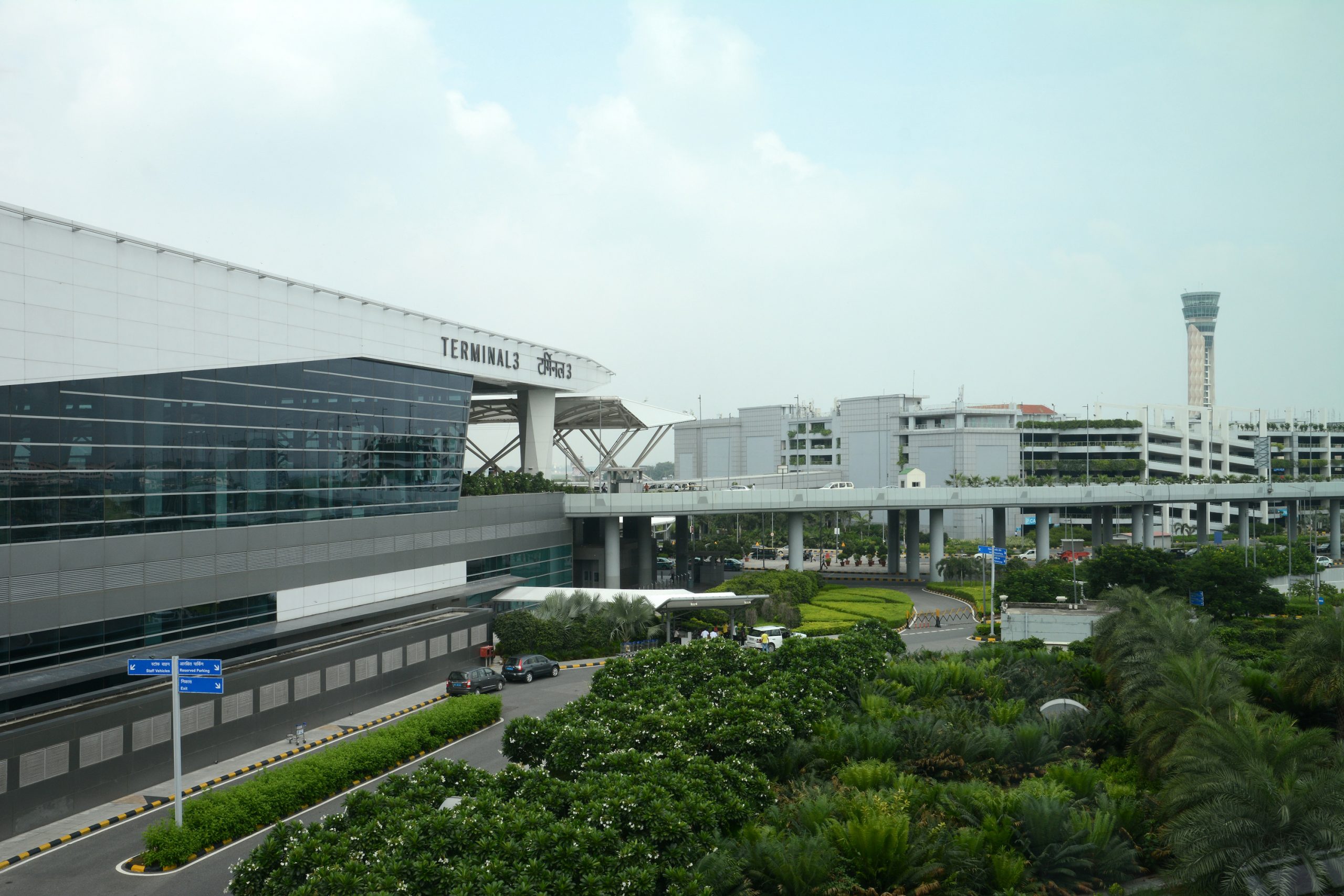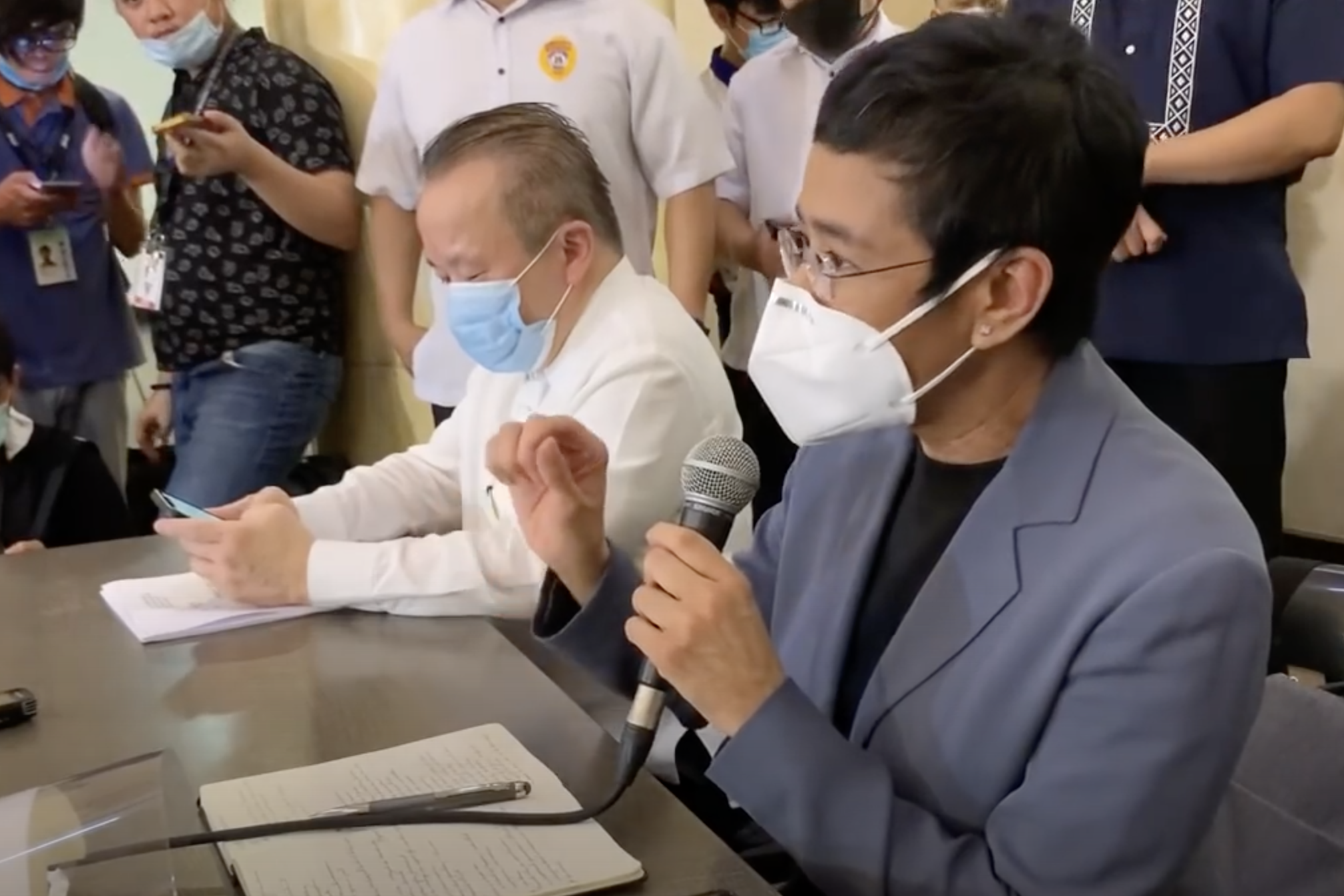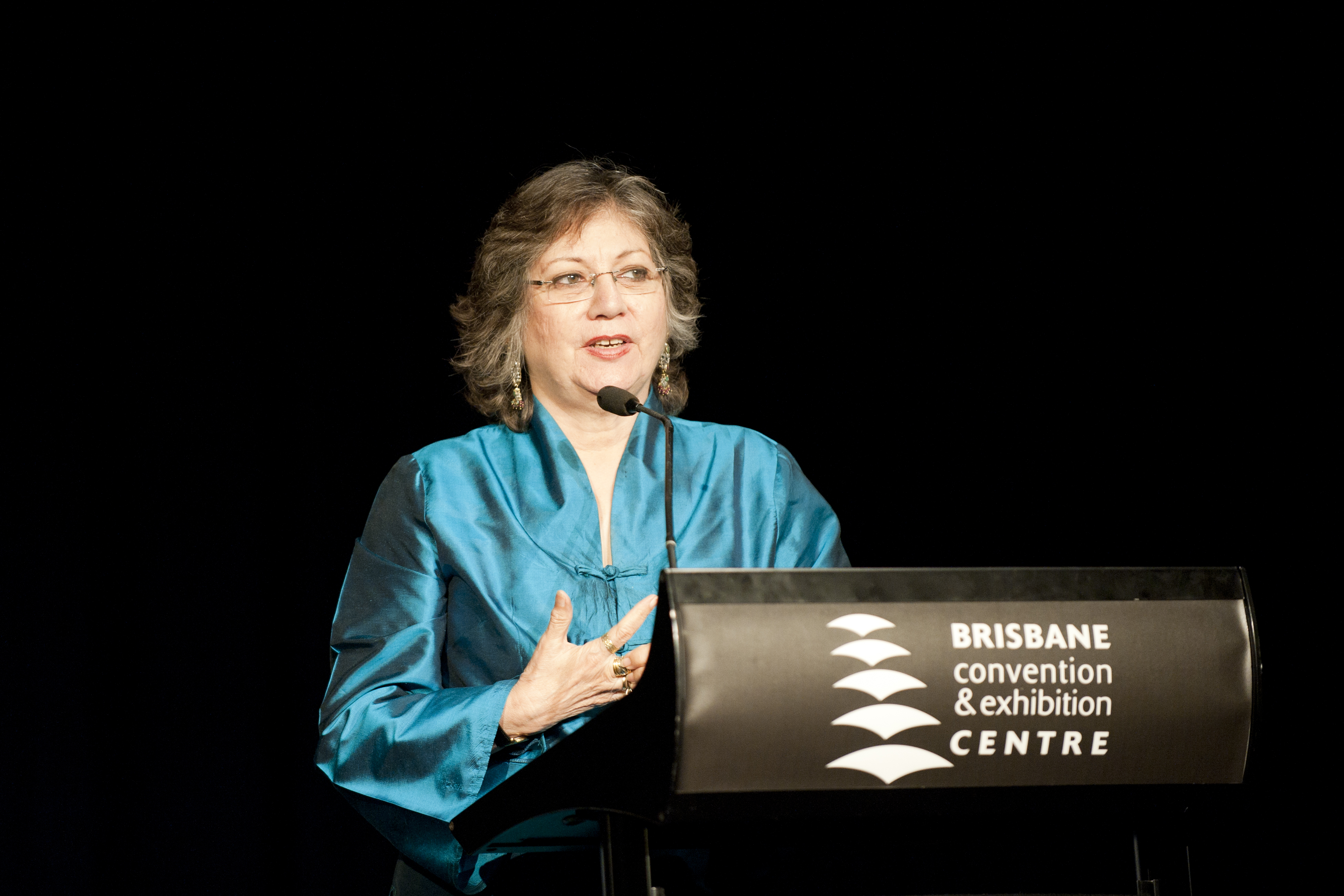Rana Ayyub and press freedom in India
31 March 2022
The journalist and prominent critic of Narendra Modi, Rana Ayyub, was stopped from flying to London where she was due to give a speech on the intimidation Indian journalists experience.

Rana Ayyub was stopped from getting on her flight from Delhi to London on Tuesday by the Enforcement Directorate, who issued her with a last-minute summons over alleged misuse of public donations. She has since returned home from the airport but has been legally grounded. She is reportedly due to appear in court on Friday.
The deterioration of press freedom in India, under the leadership of Narendra Modi, has been a concern for a number of years. Journalists who report in the public interest can face pressure through financial restrictions, legal attacks, physical violence, online abuse, and other forms of harassment.
Ms. Ayyub is a Global Opinions writer for The Washington Post who has been a long-standing critic of the current government in India. She has previously criticised the “criminal abdication of responsibility by the Modi government” in underreporting deaths caused by COVID-19 which led to a devastating second wave.
This investigative, public interest journalism – which exposes abuse of power and holds power to account – has led to her becoming a target. A report she wrote in June 2021 examined the increasing pressures facing journalists such as herself, after she was threatened with imprisonment because of a tweet she had sent.
“At a time when I should be reporting on the undercounting of deaths,” she said, “the unemployment in the country, our preparedness for the [C]ovid-19 third wave while continuing to extend help to families in India through my relief work, I am engaged with a battery of lawyers to fight the legal cases and summons slapped on me.”
Lately, she has faced a barrage of online attacks and state-sponsored harassment. In February, the Coalition Against Online Violence (CAOV) issued an alert expressing fears for Ms Ayyub’s safety.
ICFJ is alarmed at the blatant legal harassment of @RanaAyyub by Indian authorities. Today she was briefly held @ Mumbai airport & prevented from flying to London where she was due to speak at our event with @DoughtyStIntl & @IBAHRI about the offline impacts of #OnlineViolence ? pic.twitter.com/eO3EwDfc9g
— International Center for Journalists (@ICFJ) March 29, 2022
“We demand India’s central government end its instigation and inflammation of attacks on Rana Ayyub, which risk turning the digital lynch mob into a murderous horde,” the CAOV said. “She has been doxxed, repeatedly threatened with rape and murder, and she is legitimately afraid for her life. This must stop.”
The decision to stop her from attending an event organised by the International Centre for Journalists (ICFJ) under the guise of a summons is another demonstration of the intolerance the government seemingly has for independent journalists. As Ms. Ayyub iterated, “All these events … have been planned and publicised all over my social media for weeks. Yet, curiously the Enforcement directorate summon arrived in my mail much after I was stopped at the immigration. What do you fear?”
She was due to speak on the issue of intimidation in London, before also attending the International Journalism Festival in Italy.
There has been a wider examination on the state of media freedom in India, and the government’s attempts to censor and intimidate both journalists and media organisations. Former Supreme Court judge, Justice Madan B Lokur, recently stated that “the press is under attack in many ways. Many journalists have been arrested and kept in prison for a considerable period of time for doing their work.”
In the Jammu and Kashmir region, a report by the Press Council of India, found media is “slowly being choked” as a result of curbs imposed by local authorities. The forcible undemocratic takeover of the Kashmir Press Club by a group of journalists in January – supposedly with the support of local authorities – was further evidence of a clampdown on free expression.
It is disappointing that journalists face such significant risks for simply doing their jobs in the world’s largest democracy. PMA joins other civil society organisations in calling for the Indian government to release the restrictions imposed on Ms. Ayyub and let her travel to the UK. PMA calls on the Indian government to desist with its campaign against Ms. Ayyub and other independent journalists, which amounts to a form of intimidation designed to censor critical reporting.
Header image: New Dheli, India. Credit: Andrzej Wrotek/Creative Commons
Related Posts
15th June 2020
Conviction of Maria Ressa is a further attack on press freedom in the Philippines
The Public Media Alliance condemns the…
14th May 2018
Former PMA President denied opportunity to speak in India
India is a country where freedom of…

